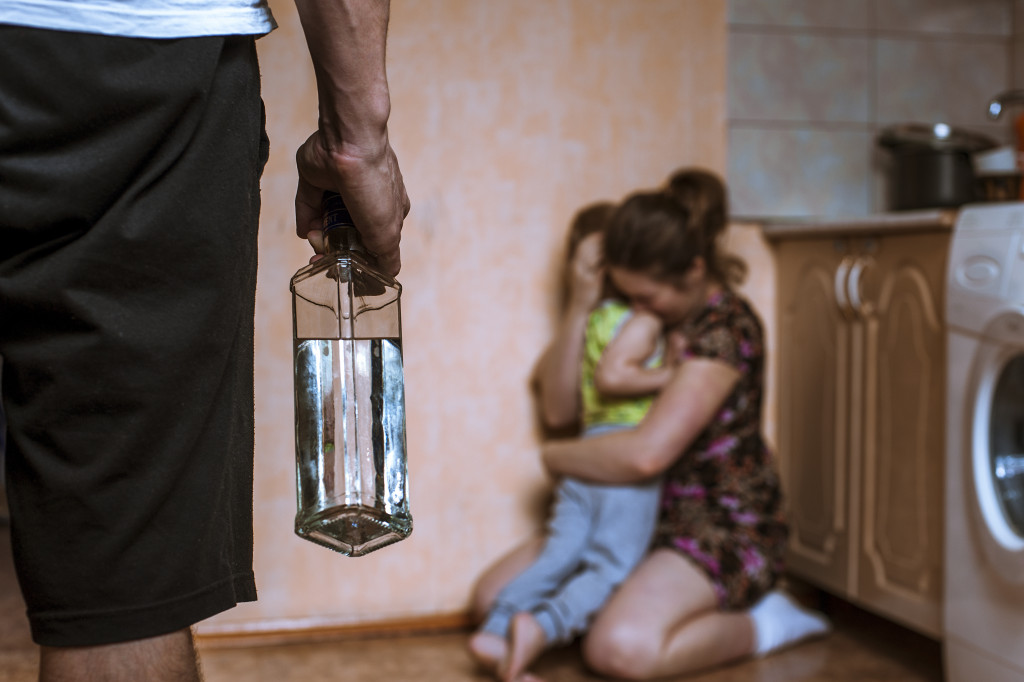- Seek out supportive family, friends, a therapist or counselor, or support groups specifically for victims of domestic violence
- Get legal help to file a restraining order or seek custody of any children involved
- Reclaim financial independence by accessing your bank accounts and credit cards
- Take time for self-care, find supportive people around you, reach out for professional help, and focus on building strength.
Domestic abuse is an all-too-common problem in today’s society. It can take a toll on your mental and physical health, as well as your self-esteem. It is devastatingly common that 1 in 3 women and 1 in 4 men will suffer physical abuse by a partner at some point throughout their lives, as reported by the National Coalition Against Domestic Violence. This means that you are far from alone if you are in an abusive relationship.
If you are facing domestic abuse, it is essential to know that resources are available to help you find safety and security. Here are a few steps you can take:
Seek Support
Finding the right support system is critical when recovering from domestic abuse. This might include family members, friends, a therapist or counselor, or even support groups specifically for victims of domestic violence. Having people who understand what you are going through can be incredibly helpful in providing emotional support and helping you navigate rebuilding your life.
In addition, you may be eligible for financial assistance, legal aid, and other forms of support. Contact your local domestic abuse organization to learn more about available resources.
Get Legal Help

If you are still living with an abuser or have just recently left them, it is essential to get legal help as soon as possible. You may need assistance filing a restraining order or seeking custody of any children involved. Understanding your rights and ensuring they are respected by any authorities involved is also essential.
Some victims of domestic abuse prefer filing for civil protection orders instead of criminal charges. This type of order will keep the abuser away from you, your residence, and your children. It is a less stressful and potentially cheaper option than pursuing criminal charges that will give you the protection and peace of mind you need.
Reclaim Your Finances
Financial security is essential when leaving an abusive relationship. Make sure you have access to your bank accounts and credit cards to be financially independent of your abuser. You may also consider setting up a separate bank account for emergency funds to access money if needed in an emergency involving your abuser.
Additionally, if you left any belongings behind at their home or had anything taken away from you during the period of abuse, it may be necessary for you to go through legal channels to reclaim those items or seek compensation for them.
Starting Over
Starting over can be incredibly difficult, especially after escaping domestic abuse. The effects can be profoundly damaging and long-lasting, whether physical, emotional, or verbal abuse. That’s why it is so important to have the plan to help you regain your strength and start the journey toward healing. Here are some tips for starting over after escaping domestic abuse:
Take Time for Self-Care
It is essential to take time for self-care when you are recovering from domestic abuse. This means different things to different people, but generally speaking, it involves activities that make you feel good—both physically and mentally. Whatever it may be, make sure to give yourself permission to relax and enjoy yourself without guilt or shame.
Find Supportive People Around You

Having supportive family members and friends around you can be invaluable as you embark on healing. These people should be able to provide nonjudgmental support without trying to control your decisions or tell you what to do.
Reach Out For Professional Help
It is also essential to reach out for professional help if needed. Many survivors find that therapy helps them work through their trauma while simultaneously providing them with strategies they can use to protect themselves from abusive situations down the road.
Focus on Building Strength
Finally, focus on building your strength. Domestic abuse can leave victims feeling powerless and vulnerable, but you can reclaim a sense of agency by taking small steps to build your strength and resilience.
Starting over after escaping domestic abuse can seem daunting, but resources are available to help victims make this transition easier. From finding the right support system to getting legal help and reclaiming financial independence—all these steps will bring you closer to rebuilding a safe, healthy life free from violence and fear.
Remember that no one should ever have to endure domestic abuse—you deserve better! With hard work and dedication, it is possible to start over and create a new life full of safety and joy!



